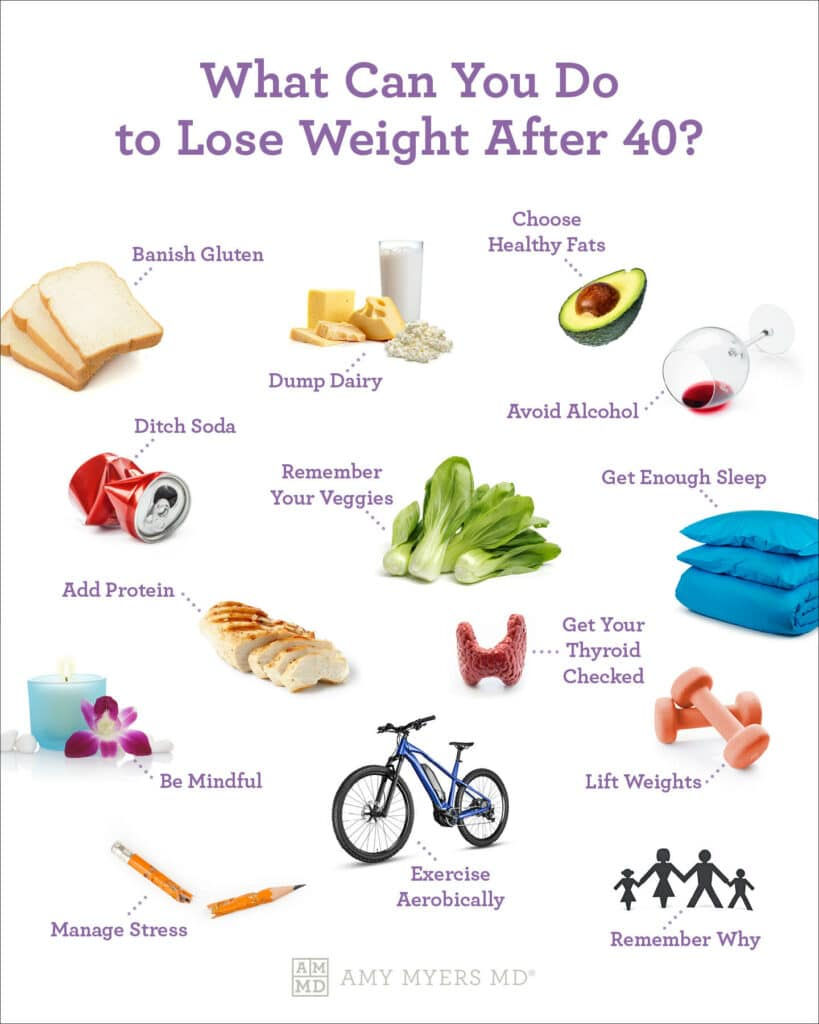Can You Be In a Caloric Deficit but Still Not Lose Weight
- Ryan Engel
- Jan 9
- 1 min read
Regular Fluctuations: Your body weight naturally fluctuates from day to day due to various factors like hydration levels, glycogen stores, and even the timing of your meals. These fluctuations can mask fat loss, making it seem like you’re not losing weight even though you are. It’s important to look at the overall trend over weeks and other measures of progress.
You Have Been Undereating: While it might seem counterintuitive, eating too little can actually hinder weight loss. When you consistently eat far below your calorie needs, your body may respond by slowing down your metabolism to conserve energy, making it harder to lose weight. This is your body’s natural defense mechanism against starvation. To counter this, avoid extreme deficits.
Stress and Sleep: High levels of stress and poor sleep quality can significantly impact your ability to lose weight. Stress increases cortisol levels, a hormone that can lead to fat retention, particularly around the midsection.
Metabolic Adaptation: Metabolic adaptation, also known as “starvation mode,” occurs when your body adapts to a prolonged caloric deficit by slowing down its metabolism. This is a survival mechanism that makes your body more efficient at using the calories you consume, which can stall weight loss. To combat this, you might need to incorporate strategies like refeed days or reverse dieting to help reset your metabolism and continue making progress.







Comments